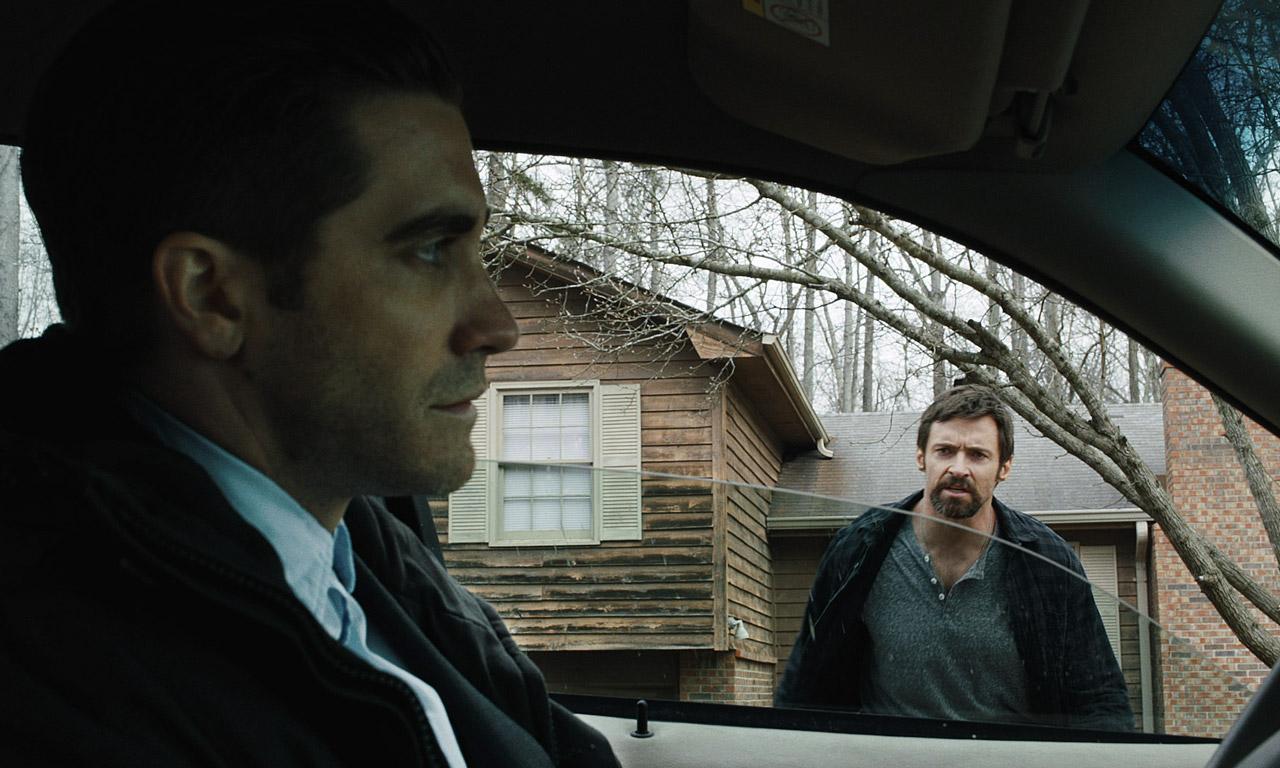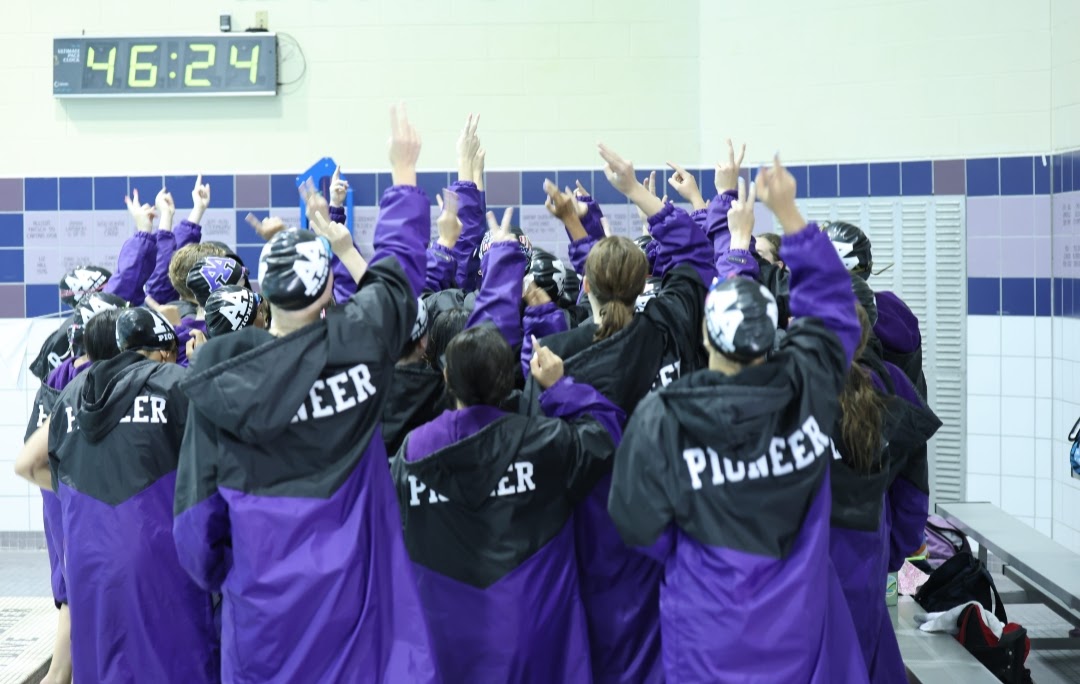“Prisoners” is an Emotionally Bruising, Genuinely Subversive Kidnapping Thriller
October 3, 2013
While under the guise of a standard ‘investigative procedural’ thriller, Denis Villeneuve’s Prisoners delves into deeper, darker areas of the American psyche than any mainstream film has dared to touch all year. Full disclosure, this is the exact sort of film that I’m utterly weak for: using big-budget studio funding and mega-watt movie-stars to completely subvert expectations of both. Where many standard thrillers are often content to establish a fairly shallow emotional groundwork with handsome characters, simplistic morality and bombastic action, Prisoners pulls a complete 180 on genre convention from the very first scene and only marches into more sadistic, emotionally bruising territory from there.
It’s likely the most discomforting film of the year without once warranting the cheap label of ‘horror’ or ‘terror’. It’s often said that some of the most horrifying cinema is also some of the most relatable and lived-in and Prisoners is a textbook example of this. The film opens on two loving families meeting at a Thanksgiving dinner — one patriarch is Keller Dover (Hugh Jackman), a deeply religious carpenter, the other is Franklin Birch (Terrence Howard), a much sweeter, more sociable type. It must be noted that Aaron Guzikowski’s script here is a masterwork of structure and texture — subtly establishing our emotional roots with these two families and then for the next 2 hours and 25 minutes absolutely smashing these roots to pieces.
See, Keller and Franklin allow their young daughters to head across the street and play for a few minutes. But they will never return.
Simple yells for the girls’ names turn into panicked police calls. Panicked police calls turn into careful searching. Careful searching turns into media hysteria and widespread manhunts. Dover’s wife (Maria Bello) enters both a pill-fueled haze and intense state of denial for much the film, while Dover himself has strong suspicions of mentally challenged Alex (Paul Dano) — eventually investing so deeply in the concept that he abducts Alex and brutally tortures him for days, hoping to get any information he can on his daughter’s whereabouts. Perhaps most disturbing is that Alex himself offers up very little fight, instead pleading for his own family and further clouding the film’s already-shifty morality.
As Dover, our supposed protagonist, descends into booze-soaked fury and righteous self-certainty, Prisoners actually begins to shift its focus more to the efforts of Jake Gyllenhaal, as the furiously driven detective Loki. The film trails more closely his rigorous procedures to seek out the girls — as well as the often disturbing, destructive consequences the search has on both himself and the families he’s trying to restore.
The star of the film, more than anyone else, is director Denis Villeneuve. For all of the film’s considerable two-and-a-half-hour runtime, Villeneuve demonstrates impeccable control over tone and technique. His visual compositions reflect an ever-growing sense of dread and fatalism while rarely calling attention to themselves. Furthermore, the massive length of the film actually works strongly in its favor, ultimately providing a sense of body and scope that makes Prisoners less of an abduction thriller and more of a sprawling, epic tragedy.
Hugh Jackman offers up perhaps his most furious, feral performance as Dover, chewing on every emotional speech and devastated glance that the script offers him. Prisoners turns the ferocious, nakedly emotional yet distinctively heroic persona established in his Wolverine character — and inverts it to brutal and cruel ends. Gyllenhaal, additionally, has set himself up as one of the most valuable young actors in American cinema — expressing a sensitive charisma and simmering intensity, both of which reach wonderful peaks here.
Prisoners certainly spends time juggling very hefty issues — the morality of torture, the long-term consequences of psychological trauma and exactly at which line dedication becomes perversion. But if there’s a central occupation to the proceedings, it’s watching a tight family unit completely crumble once robbed of its emotional center.
Denis Villeneuve’s Prisoners penetrates into the deepest recesses of parental trauma, subtly marking itself among the most skillful 9/11 allegories in recent memory — in the way it depicts the crumbling effectiveness of human psychology, morality and institutional effectiveness in the wake of a massive, massive calamity. And at the conclusions of both Prisoners and the national trauma that inspired it, everything is concluded while an unthinkable magnitude of pain is awakened.










